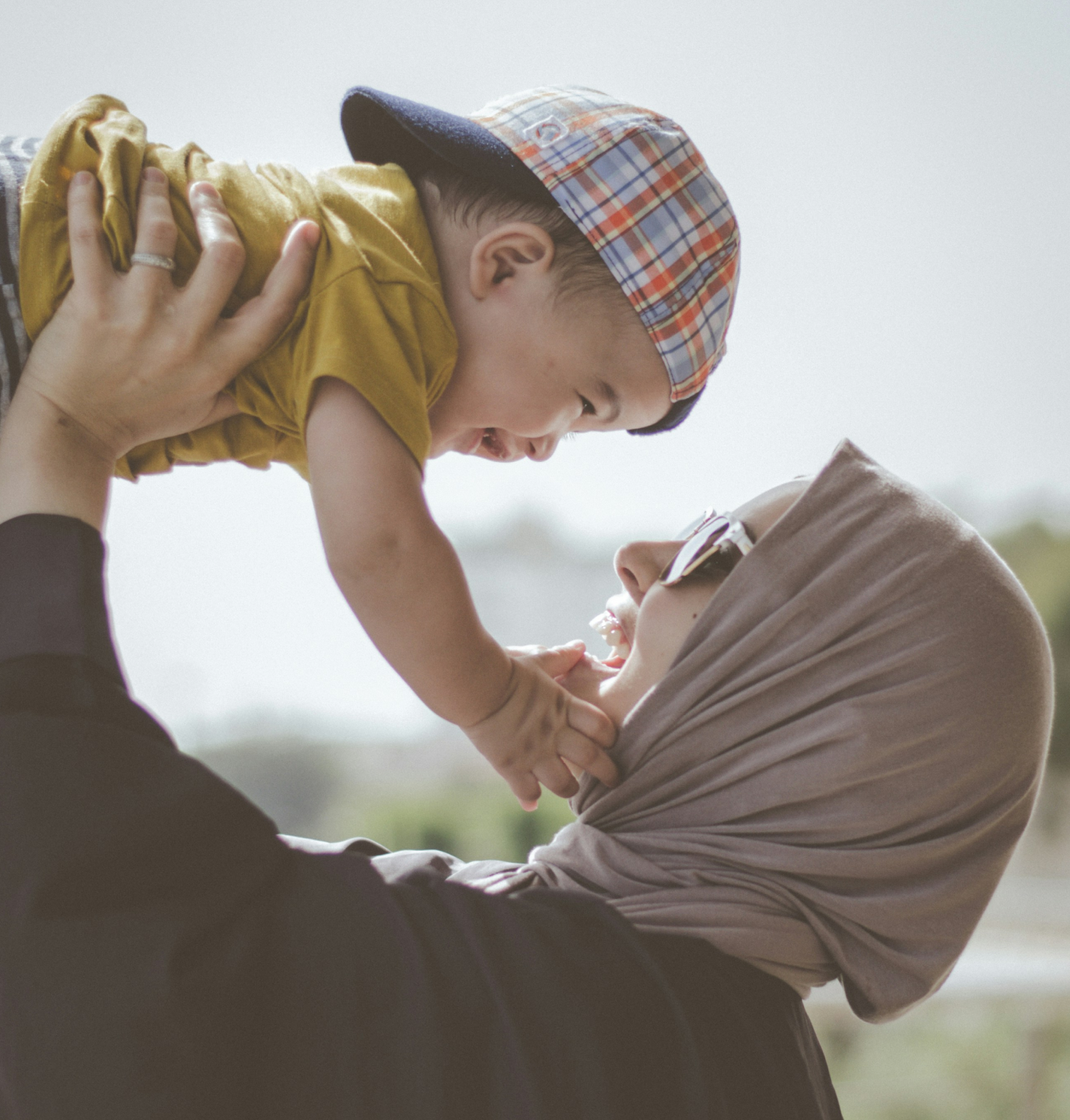
Integrating health, education and community engagement for environmental stewardship


Integrating health, education and community engagement for environmental stewardship
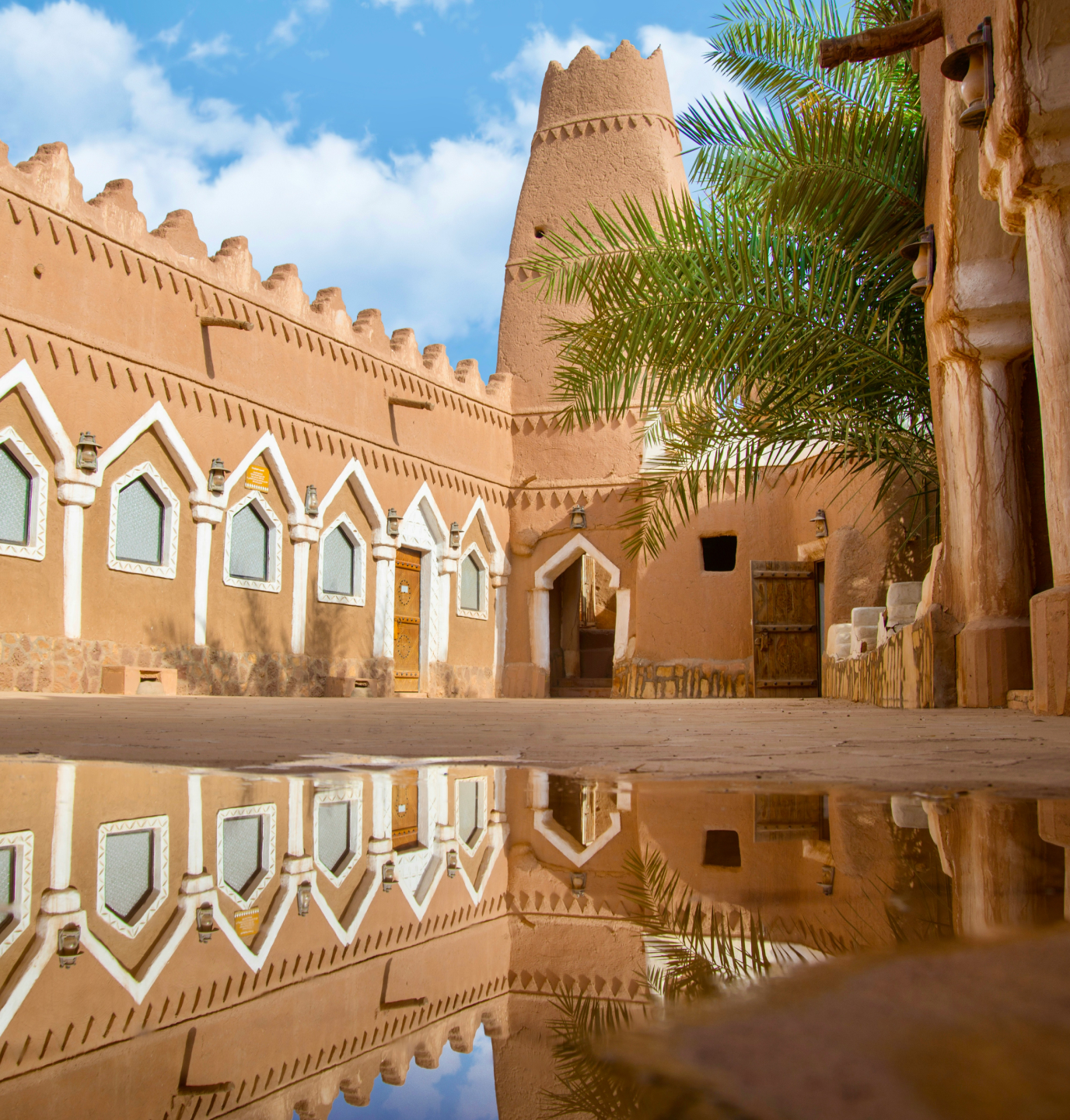
Leveraging culture, arts, and indigenous knowledge for sustainability and placemaking
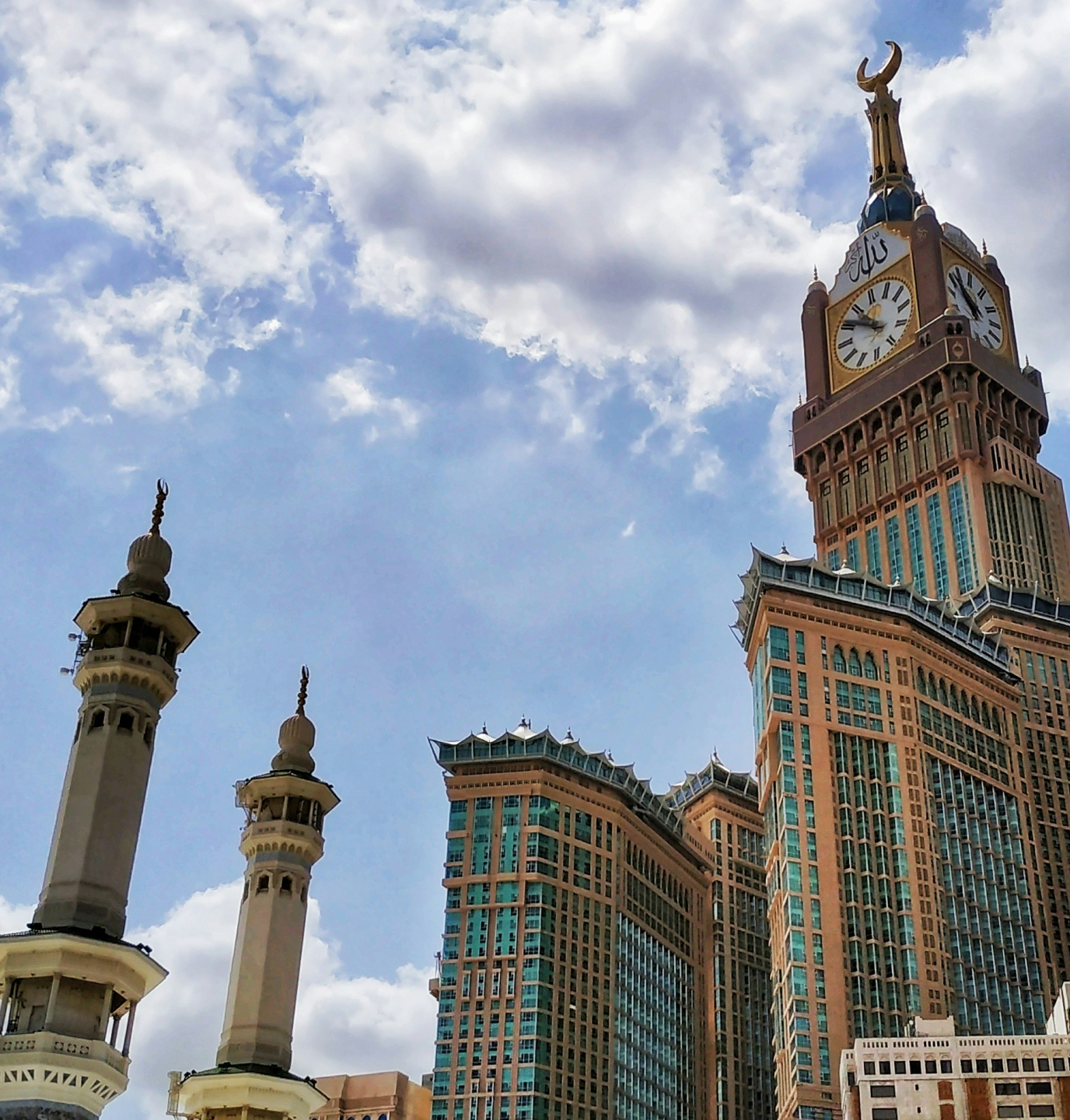
Building inclusive economies and promoting circular economy principles
Building sustainable societies requires a shift in how we think about development, placing community resilience, education, and health at the forefront. These elements are key to nurturing a society capable of thriving within environmental limits. To create lasting change, communities must harness local resources, knowledge, and networks to develop solutions that align with ecological sustainability and human well-being.
A holistic approach, encompassing education, cultural practices, and social infrastructure, can create virtuous cycles where healthier, more informed communities actively contribute to environmental conservation. By integrating cultural indicators across key dimensions, we can track how societies grow within the Sustainable Development Goals (SDGs), ensuring that cultural development complements economic and environmental progress.
The UNESCO Thematic Indicators for Culture is a framework of thematic indicators whose purpose is to measure and monitor the progress of culture’s enabling contribution to the national and local implementation of the Goals and Targets of the 2030 Agenda for Sustainable Development.
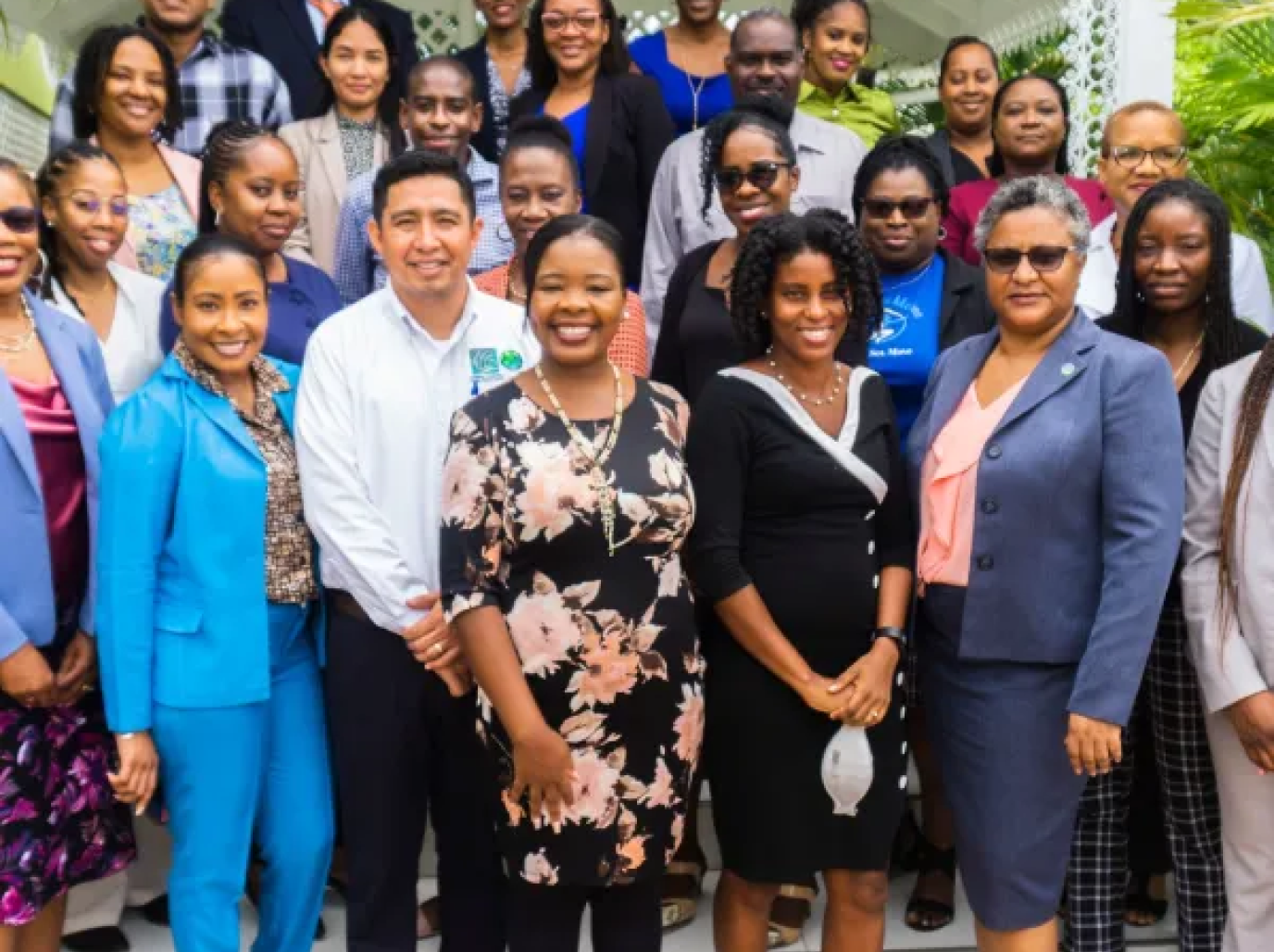
Saint Lucia To Seek Funding to Strengthen Climate Resilience in the Health Sector
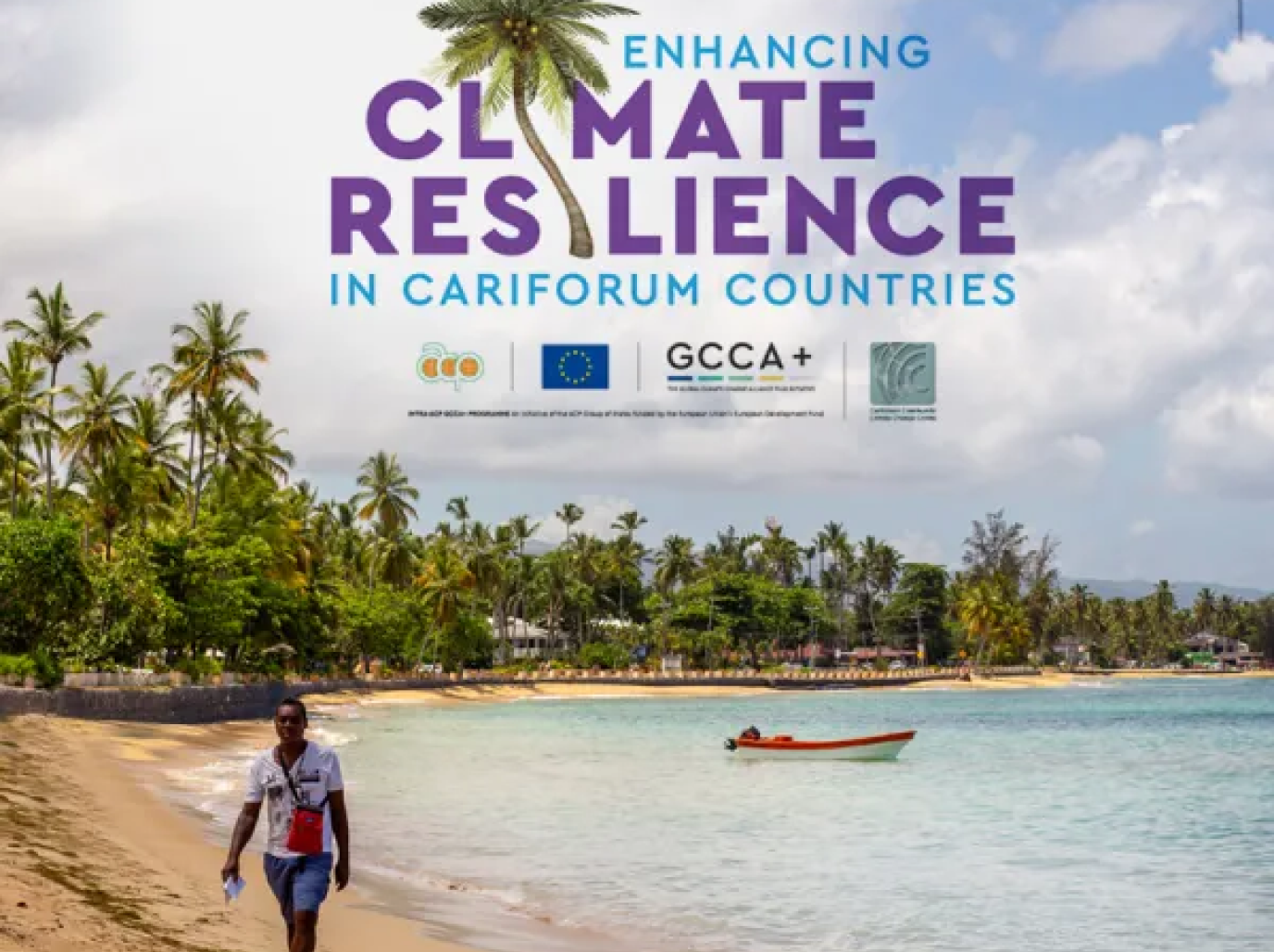
Enhancing climate resilience in Cariforum Countries

Regional data management system